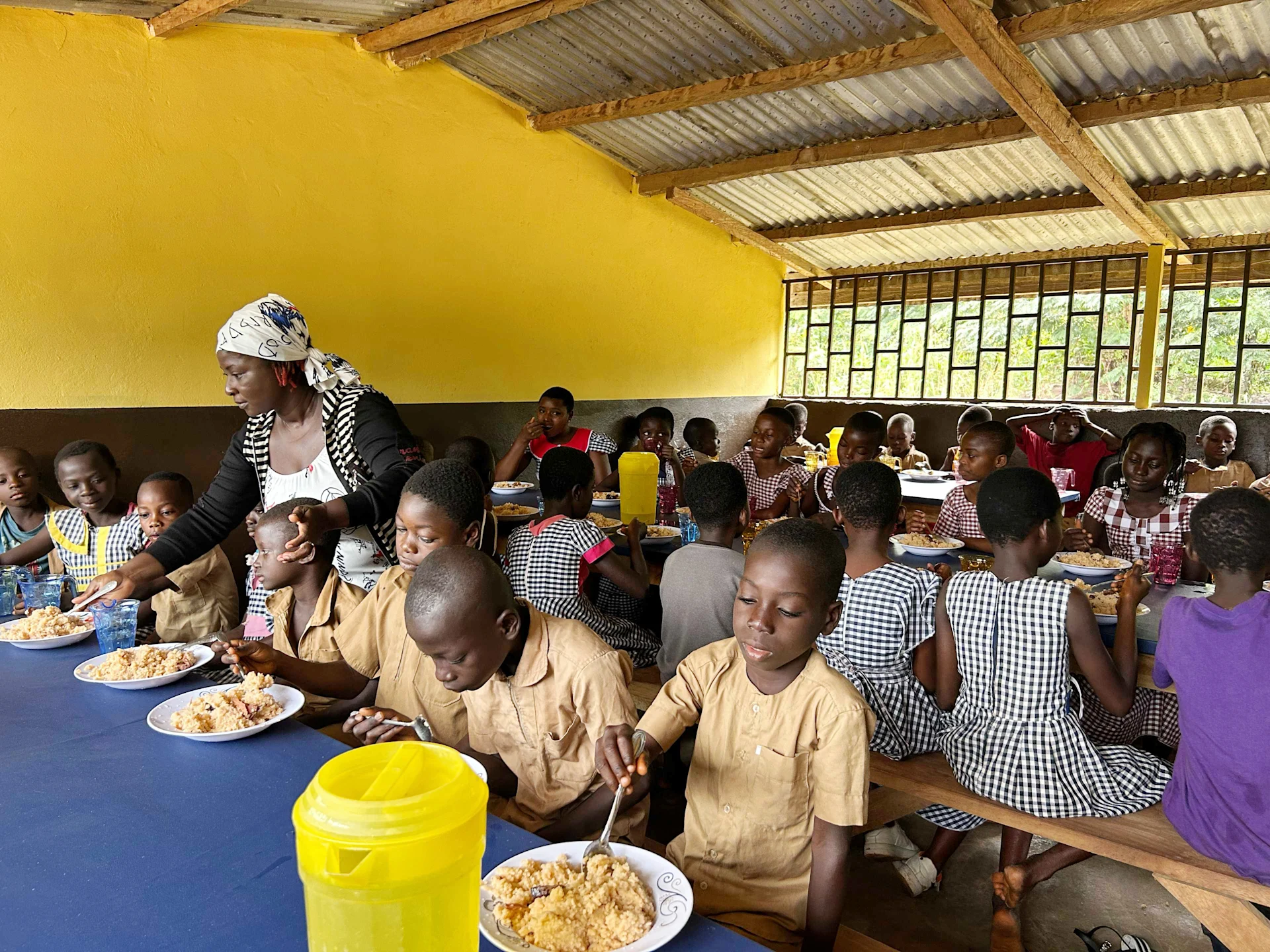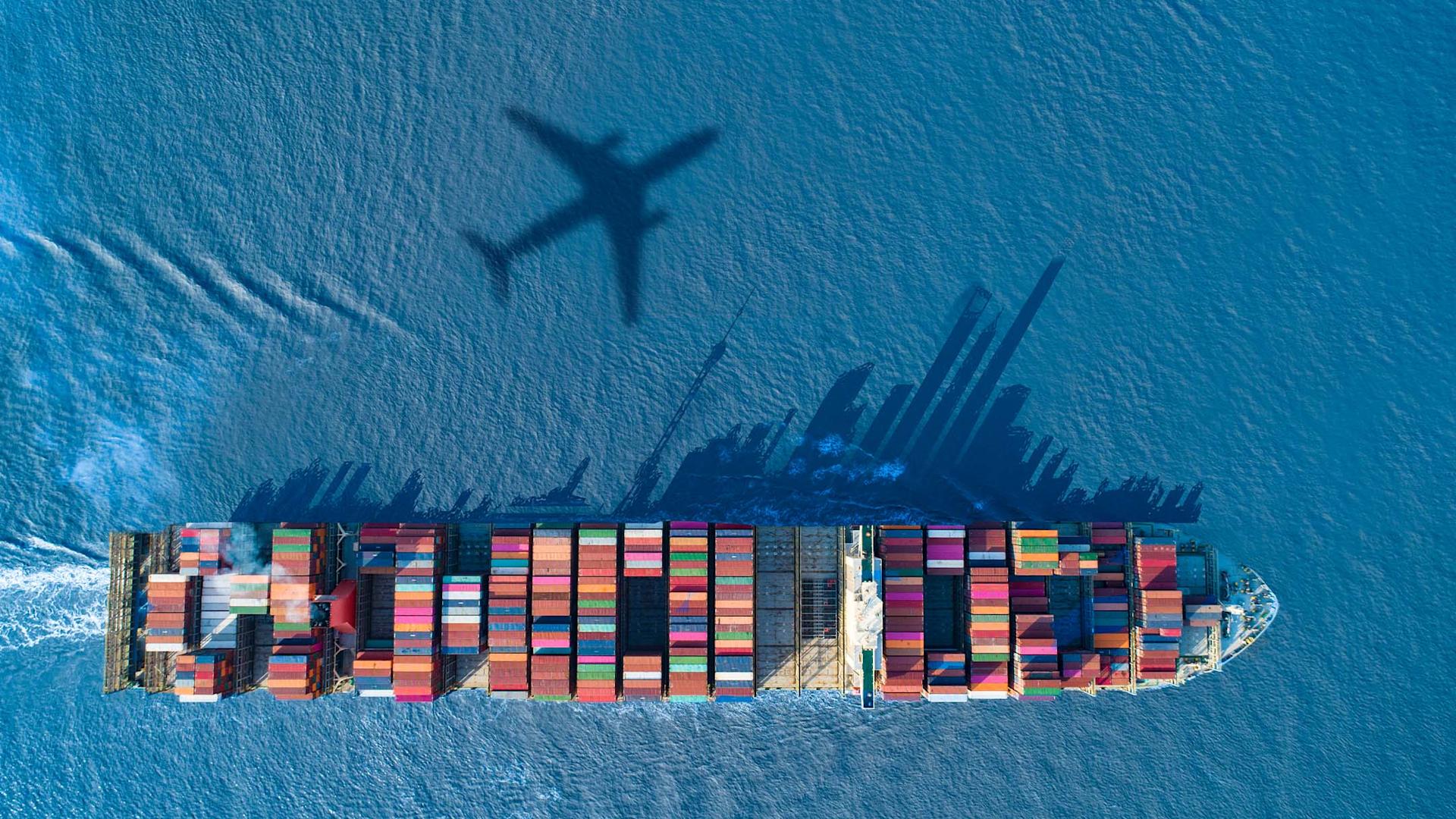
Sustainability
Do something good for CHF 0.50
If you buy a bar of "Côte d'Ivoire" chocolate, you will be contributing to a success story in West Africa.
navigation

Climate & energy
Air transports are CO2 guzzlers and have thus a bad reputation. But they occur less frequently than many believe, even with exotic foods like avocado and mango. Why this is the case and how Migros plans to soon avoid imports by plane altogether.
Migros always sources its products from the nearest possible geographical region. This means that if a product from Switzerland is in season and domestic cultivation provides sufficient goods of good quality, then domestic goods will always be given priority. When the selection of local fruits and vegetables is more limited in winter, foreign produce makes an important contribution to a healthy, varied diet.
A tiny proportion of exotic fruits and vegetables from overseas must be put on the shelf very quickly after harvesting, because otherwise they would spoil. This can only be done by plane. Such a transport is expensive and produces a lot of CO2, which is why Migros wants to do without airfreighted goods altogether. At present, less than 1 per cent of the total fruit and vegetable assortment is affected.
European products are transported by train or lorry. But even from overseas, the plane is a rare exception, the much larger proportion arrives by container ship. Among these are bananas, mangoes, avocados, pineapples and winter berries from Latin America. Transport (with the exception of airfreight) plays a smaller role in the overall environmental impact than many think. The decisive factor is the often resource-intensive cultivation.
Yes, because they transport very large quantities at once. Per transported fruit, a container ship produces up to 80 times less CO2 than an aeroplane. But the journey is longer. A banana from Colombia, for example, takes around four weeks to reach a North Sea port.
Because they are harvested unripe, «put to sleep» on the ship and only undergo ripening in the ripening facilities in Switzerland. When they hit the shelves at Migros, they are just about to reach their ideal level of ripeness.
A Sélection mango from the Côte d'Ivoire is a luxury product and is allowed to ripen almost completely on the tree, which gives it an even more intense, incomparable flavour. It would spoil on a ship. The same is (currently still) true for Sélection pineapples from countries like the Dominican Republic and, in winter, for kitchen herbs like basil from Israel. In any case, these products shall bear the indication «by air» to disclose the air transport to the consumer.
An interesting case, because here we have to distinguish between white and green asparagus. White winter asparagus from Peru arrives by ship. It has not yet seen any light (that is why it is white) and is cooled and transported in a special bag. This bag lets in oxygen but retains the carbon dioxide released by the asparagus. The spoiling process cannot start like this. This does not work with green asparagus because it has already been exposed to light (hence the green colour). As of April, both green and white asparagus arrive by lorry from Germany, Italy, Spain, and Hungary, as well as small quantities from Switzerland.
Either by switching to transportation by ship, as is currently being prepared for the Seléction pineapple. Or we'll find ways to grow these products in Europe. In the case of asparagus, we are in the process of «pushing forward» the European season in Spain and Italy by using cultivation methods in «tunnels». In Switzerland itself, vertical farming allows lettuce and herbs to be grown even in the winter. Until all of this has been implemented, Migros is making a climate contribution to the CO2 emissions of its air transports, thus making them financially unattractive. In cooperation with the myclimate foundation, the money from the climate contribution is used to finance projects in our own supply chain that reduce the negative effects on the climate.
Discover exciting stories about all aspects of Migros, our commitment and the people behind it. We also provide practical advice for everyday life.